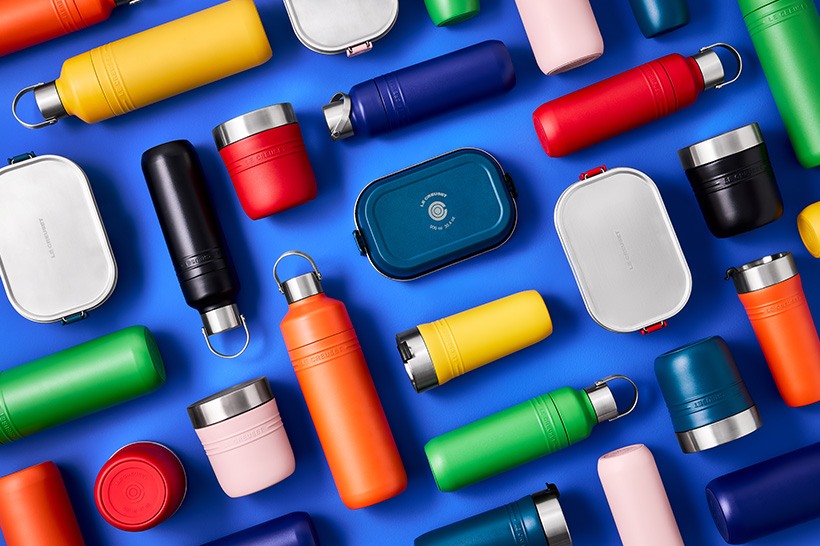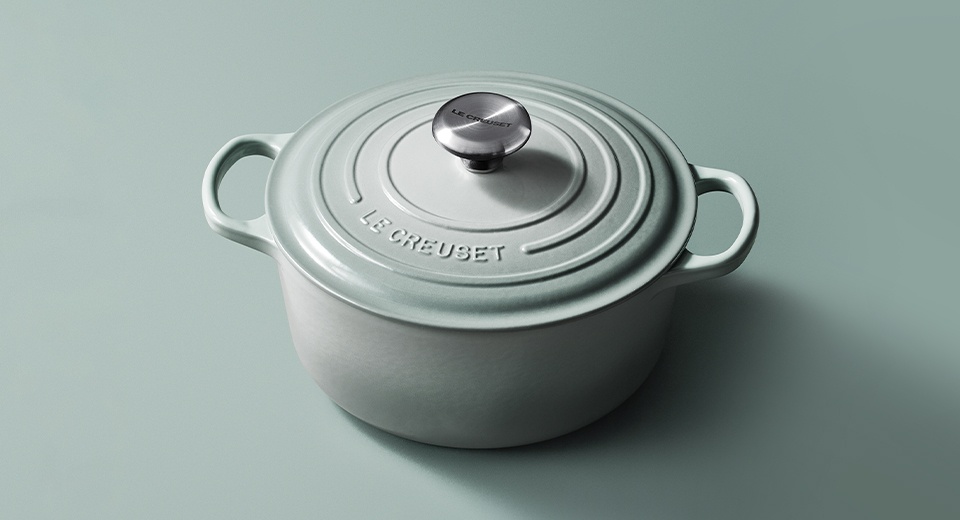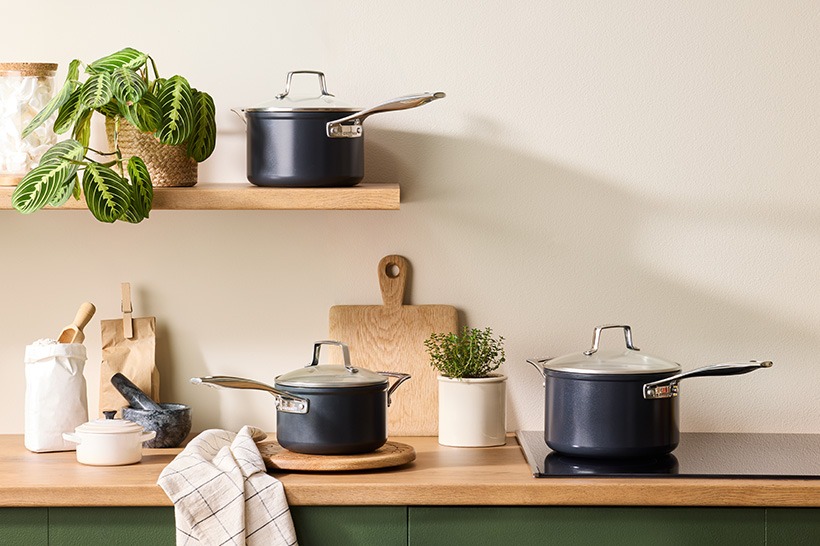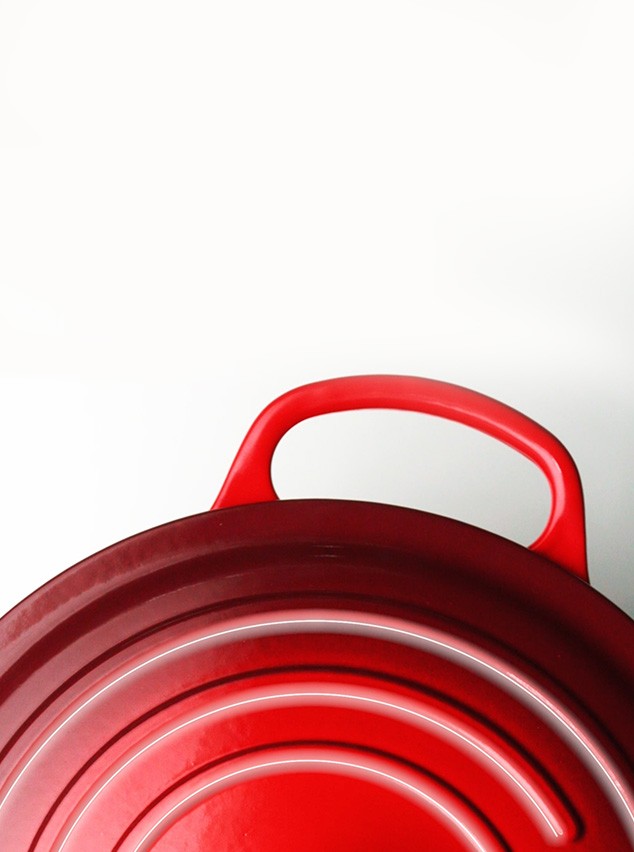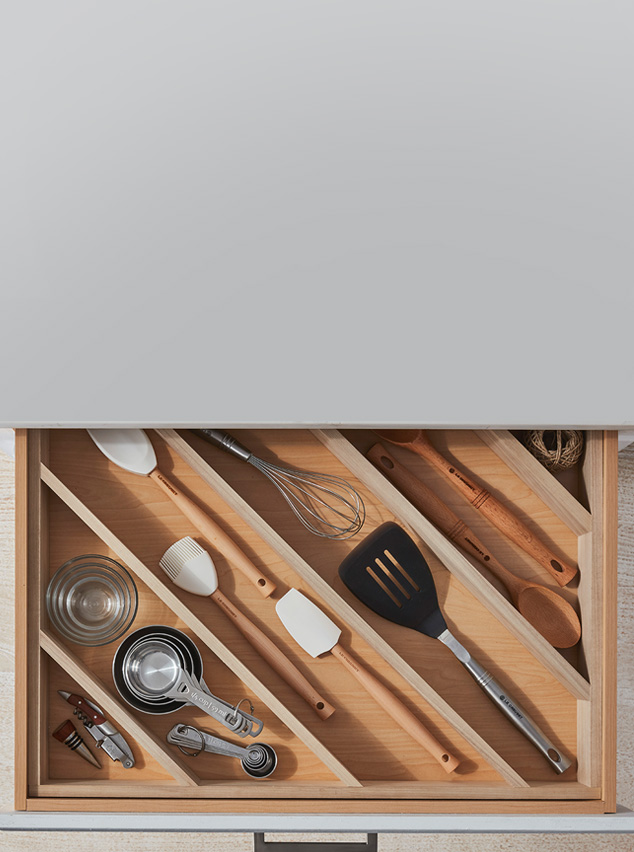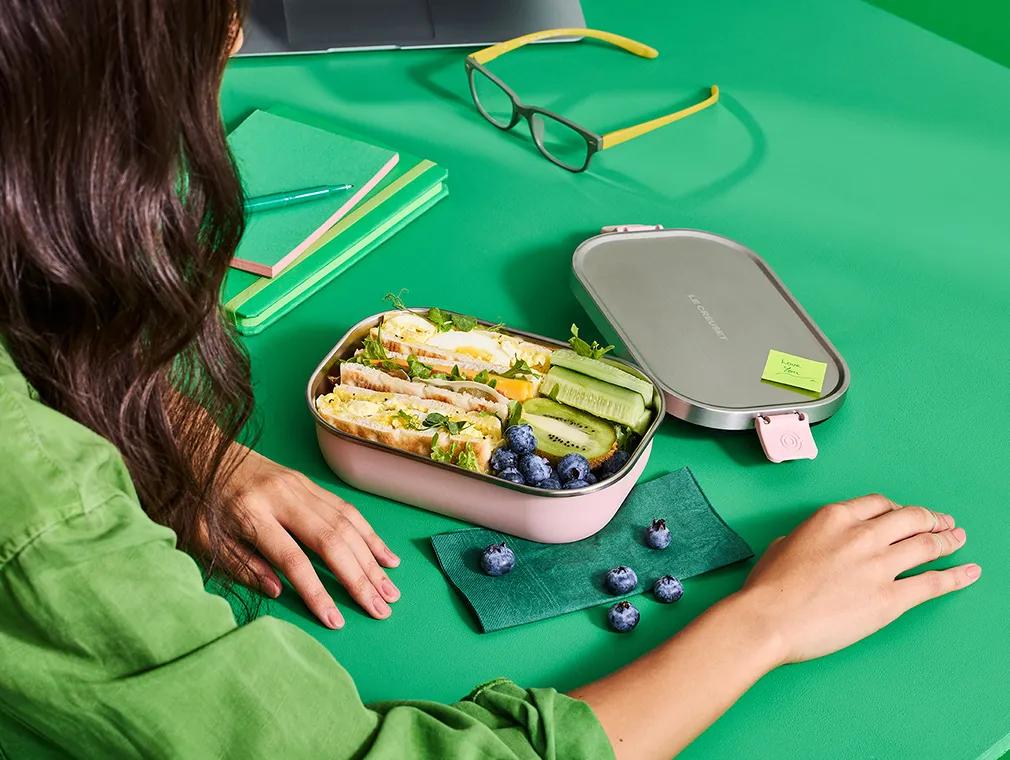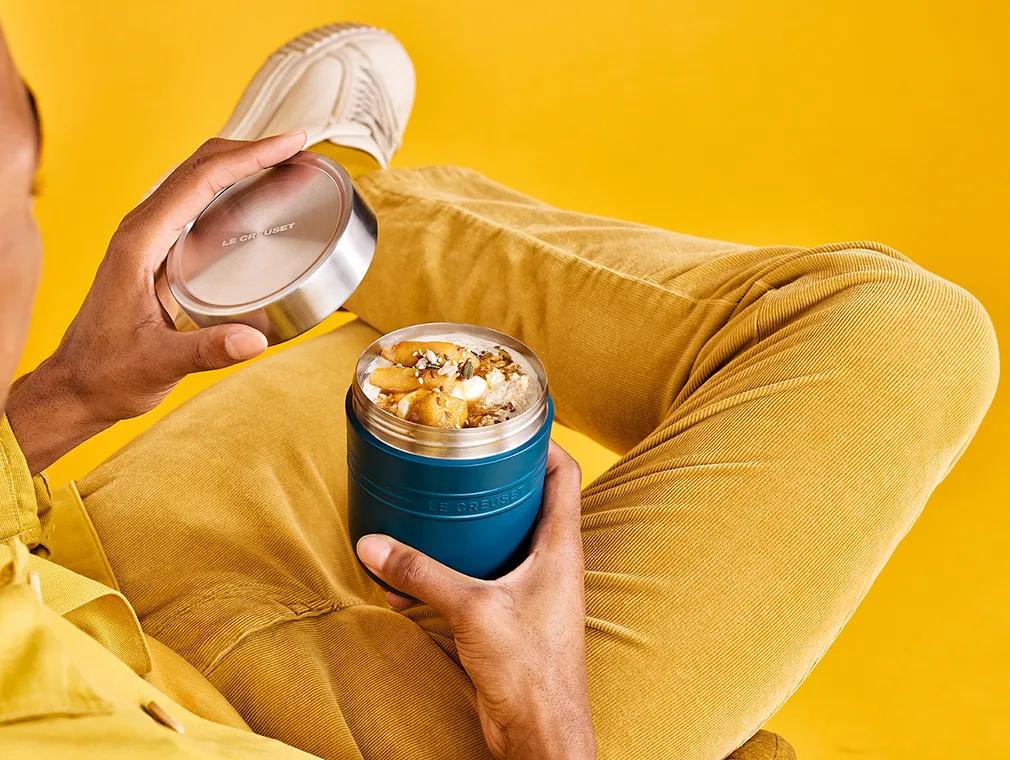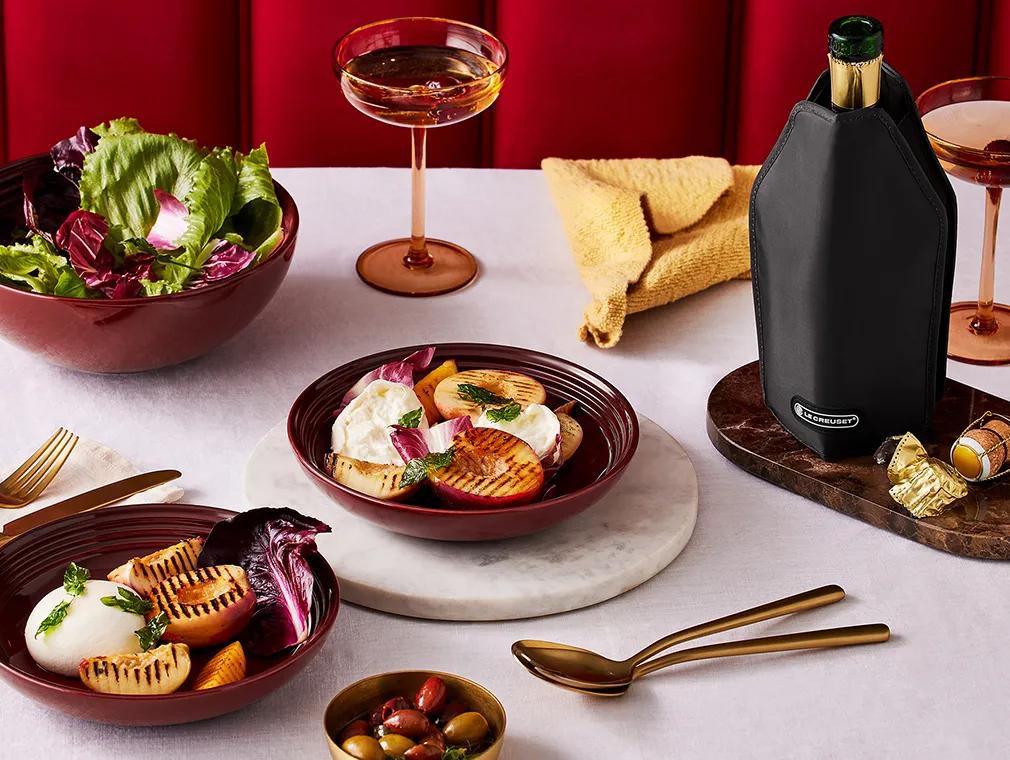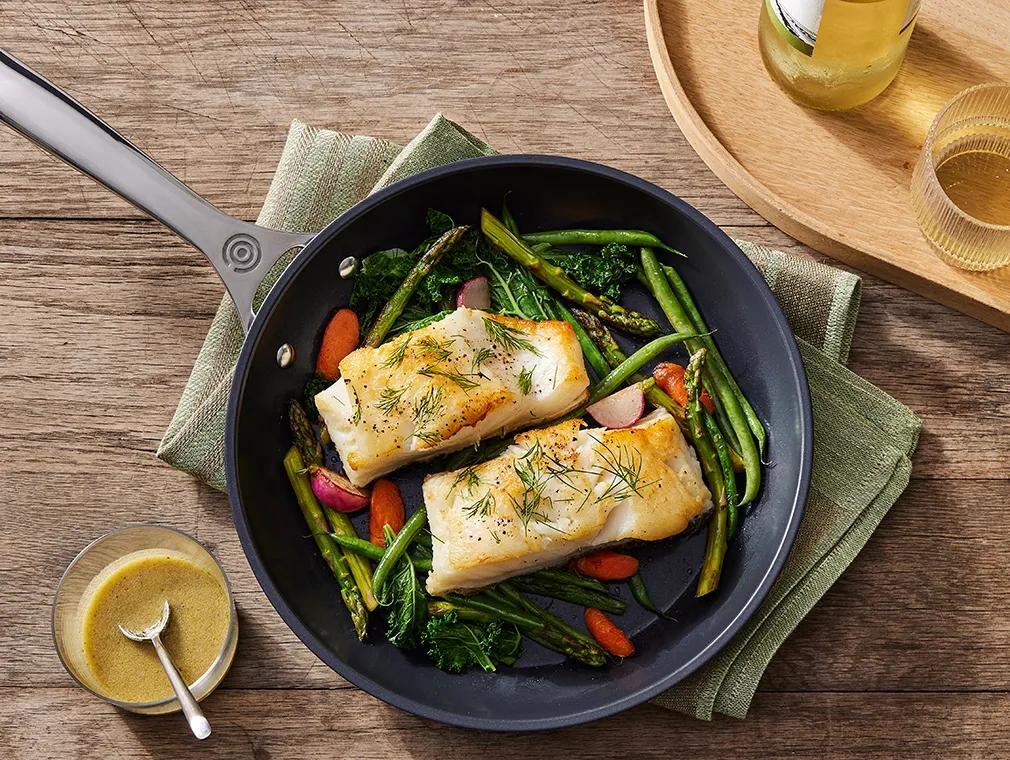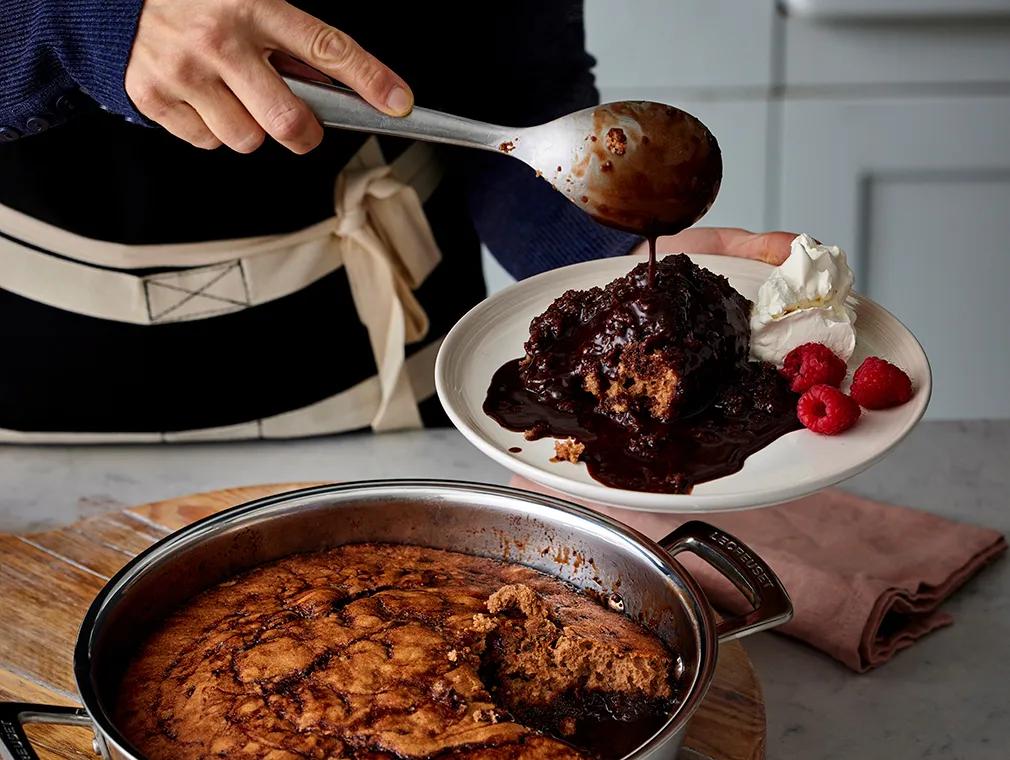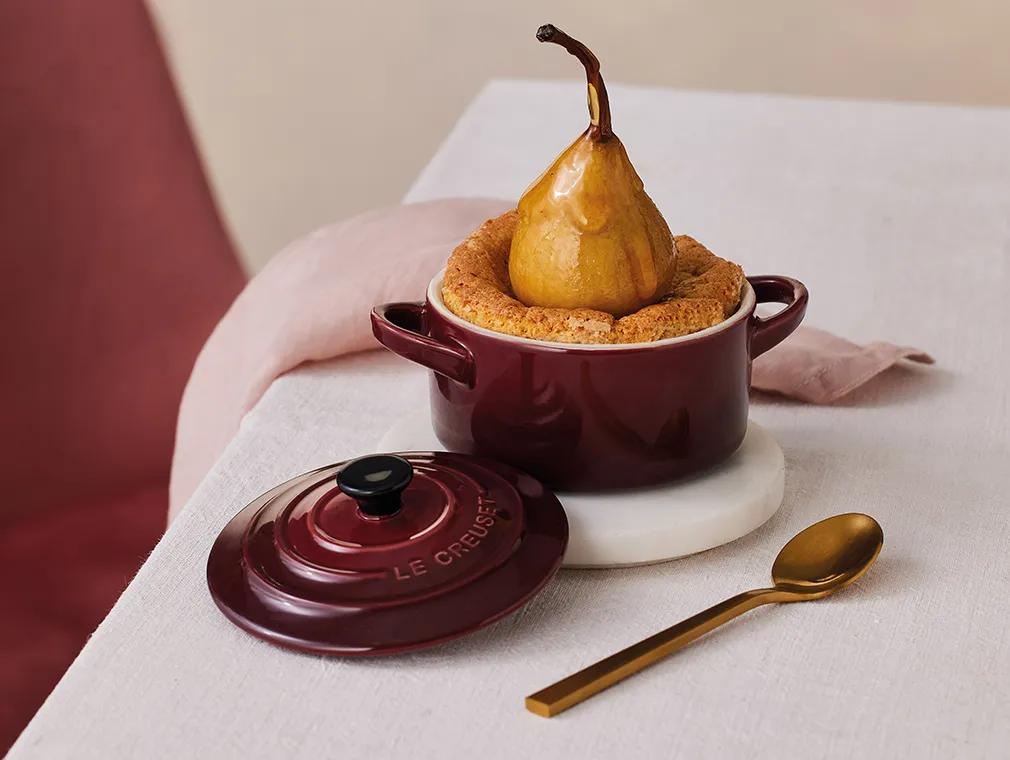SS962090
SS962090
Sale
3-ply Stainless Steel 3-piece Saucepan Set
This 3-ply Stainless Steel trio brings together three professional Le Creuset saucepans – a 16cm, 18cm, and 20cm. With this versatile set in your kitchen, you can tackle multiple cooking challenges. The multi-layered construction spreads heat evenly and releases food easily, for healthy, delicious dishes.
Features
Material
Manufactured in
Guarantee
SKU

Grill

Oven

Electric Hob

Ceramic Glass Cooktop

Gas Hob

Induction Hob
Standard Delivery:
$10.00 – delivery in 5 to 10 business days.
Return Policy:
View full details here >
Return Policy:
View full details here >






